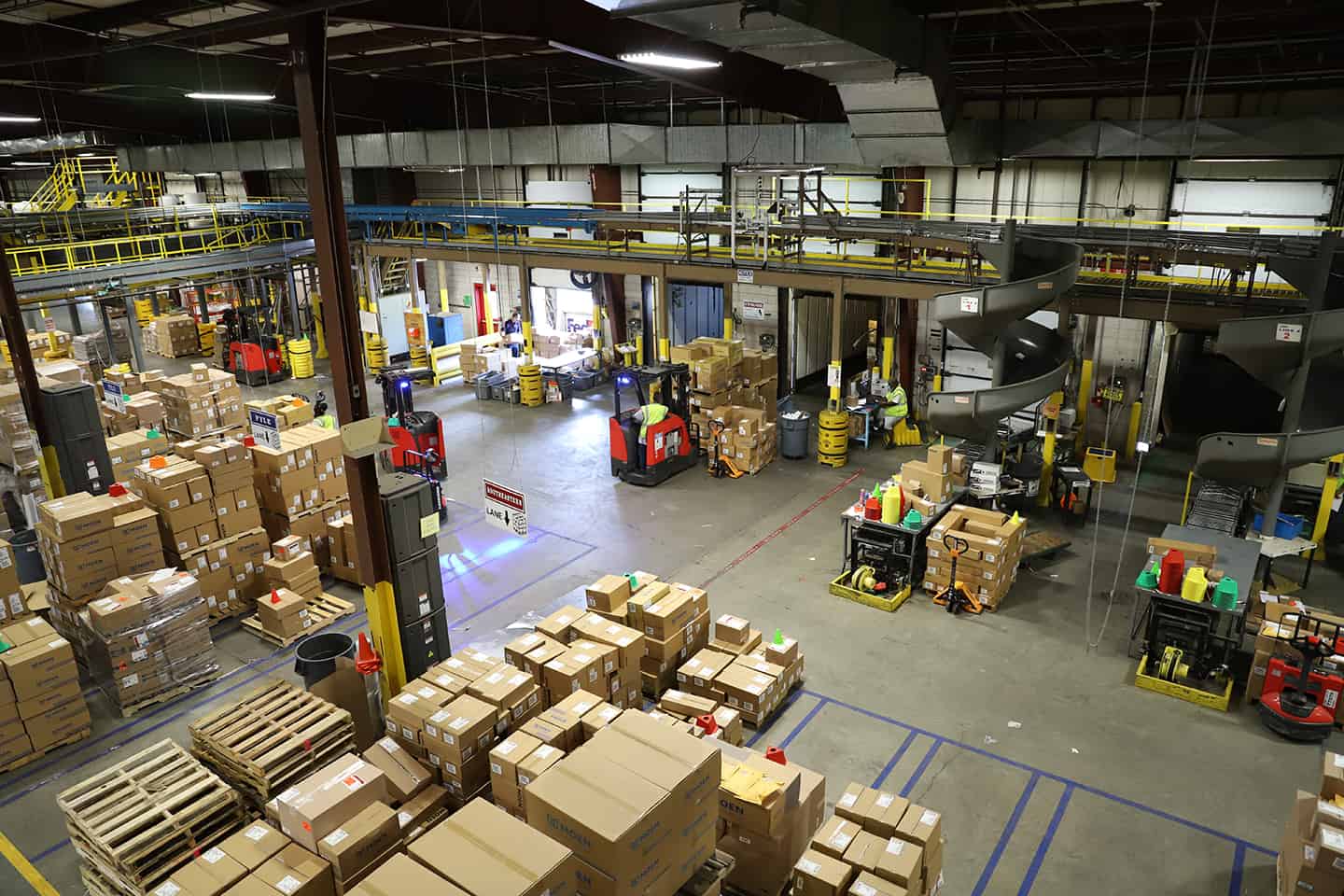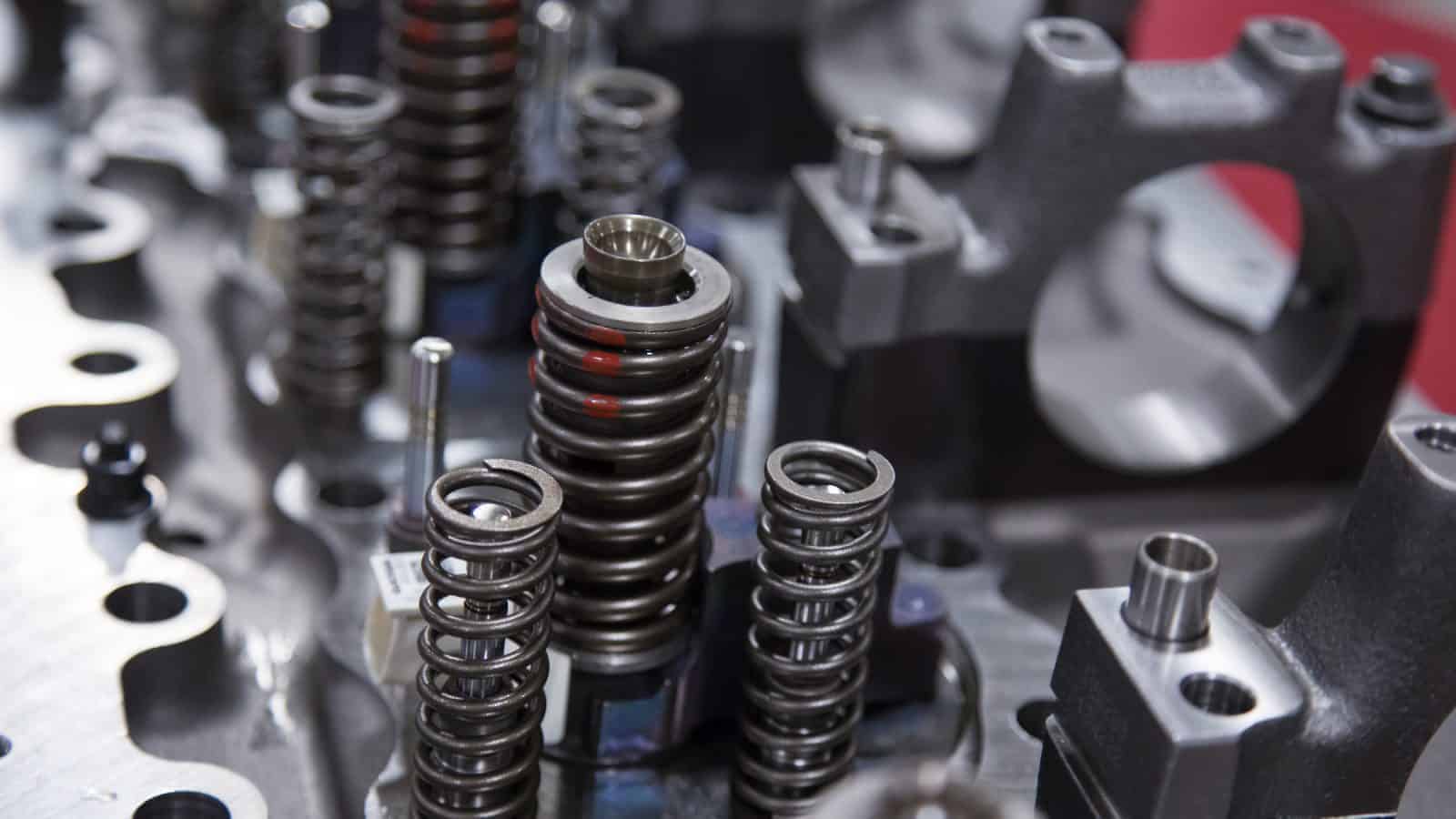Fortune Brands Puts Sustainability Front and Center

When it comes to making strides in sustainability, Fortune Brands Home & Security knows the power of small, steady steps. The company works to improve sustainability in a wide variety of ways, from water conservation to the recycling of ocean plastics and wood. We talked to two of its leaders recently to get the inside scoop.
Mission Moen: In 2020, the company launched Mission Moen, its commitment to conserving 1 trillion gallons of water by 2030. To meet that goal, Moen has employed cutting-edge innovation, explained Fortune Brands Global Plumbing Group Chief Marketing and Innovation Officer Mark-Hans Richer.
- Its Flo by Moen, for example, is a “smart water security system” that, through a mobile app, standalone sensors, detectors and other tech, allows consumers to monitor their water usage—and detect leaks they may not even know about.
- “There is an immense amount of water that’s wasted every year in the United States … due to lack of knowledge,” said Richer. “Flo by Moen allows users to see where water use is any minute of any day.”
“The key to saving water is in small fixes,” Richer emphasized. For example, “a faucet that has a little bit more managed gallon-per-minute flow can add up over the course of its use … to some pretty substantial savings.”
Cleaning up the oceans: The second pillar of Mission Moen is the company’s commitment to cleaning up the world’s oceans—specifically, 2,000 tons of plastic that’s currently floating in them.
- “We’ve found a lot of very useful, interesting things” that can be made with ocean-recycled plastic, Richer said. These include product packaging and components in showerheads.
- “When you commit yourself to a large goal, then you start to look for ways” to meet that goal, he continued.
Recycled wood and plastic: FBHS’s dedication to conservation extends throughout the company. Recycled wood and plastic are used to create its Fiberon Balance composite decking, Fiberon President Fenton Challgren told us. It’s a complex process:
- First, there is an “intensive search … for the right plastic, which comes in bales by the truckload,” said Challgren.
- The company then must “sort the contaminants, contain them, grind them, get them into different extruders … and create a stable pellet” that can be used for the decking, he continued.
What should manufacturers learn from FBHS? Manufacturers seeking to reduce the size of their company’s environmental footprint should think of these efforts as a long-term investment, according to Challgren.
- “On the water recycling side, have a really robust filtration system,” Challgren urged. “Spend the money, get the technology. It’s a big investment, but if you’re doing any type of high-volume water usage,” it will be less expensive in the long run.
The last word: As Challgren summed it up, “The impact your company could have by going down this path … will be worth it both financially and for the greater good.”
